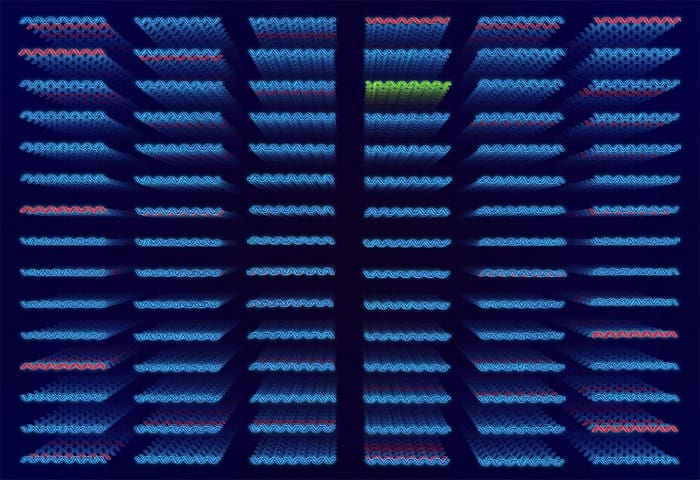Canopy Biosciences™ LLC, a leading provider of gene editing and gene expression products and services, announced the launch of RareSeq, a new error corrected sequencing service that vastly increases the sensitivity of genetic testing over traditional methods. This technology, exclusively licensed from Washington University and developed by Todd Druley, MD, PhD and Andrew Young, MD, PhD, removes the errors generated in traditional next generation sequencing (NGS) to unveil rare mutations previously indistinguishable from background noise. Canopy will launch RareSeq at the American Association for Cancer Research (AACR) conference beginning on March 29 and will showcase the technology to conference attendees in their booth #2650. The service will be available for sale immediately.
With the RareSeq service, researchers send samples to Canopy who then prepare them using a proprietary protocol that includes unique molecule indices/identifiers (UMIs). Canopy then sequences the samples and uses a novel bioinformatics tool to computationally identify and remove errors, unveiling unprecedented sequencing sensitivity. A comprehensive data report highlighting detected single nucleotide variants (SNVs) is provided.
“RareSeq offers researchers the ability to examine DNA mutations as rare as 1 in 10,000, which is a sensitivity that’s 100x greater than traditional sequencing. This increased sensitivity is vital as it’s becoming increasingly appreciated that mutations below the standard ~1% threshold are biologically and clinically relevant,” noted Crystal Winkeler, cofounder and Chief Operating Officer at Canopy.
Launching this service with a panel of genetic variants important in myeloid diseases, Canopy is offering researchers targeting blood cancers a tool to study disease development, progression, and recurrence. The panel targets 54 genes known to be mutated in myeloid malignancies and is the first in a series of panels and services slated to launch throughout the year, aiming to make RareSeq an important part of NGS workflows.
“We couldn’t be more excited about this technology,” said Edward Weinstein, PhD, CEO of Canopy. “It not only redefines the limits of detection for current sequencing technologies, which is critical in the clinical space, but it will give researchers an incredibly powerful tool to interrogate genomes for disease-causing markers. Providing it as a service makes it accessible for everyone.” Additional information on the service can be found at www.canopybiosciences.com/product-category/rareseq.























